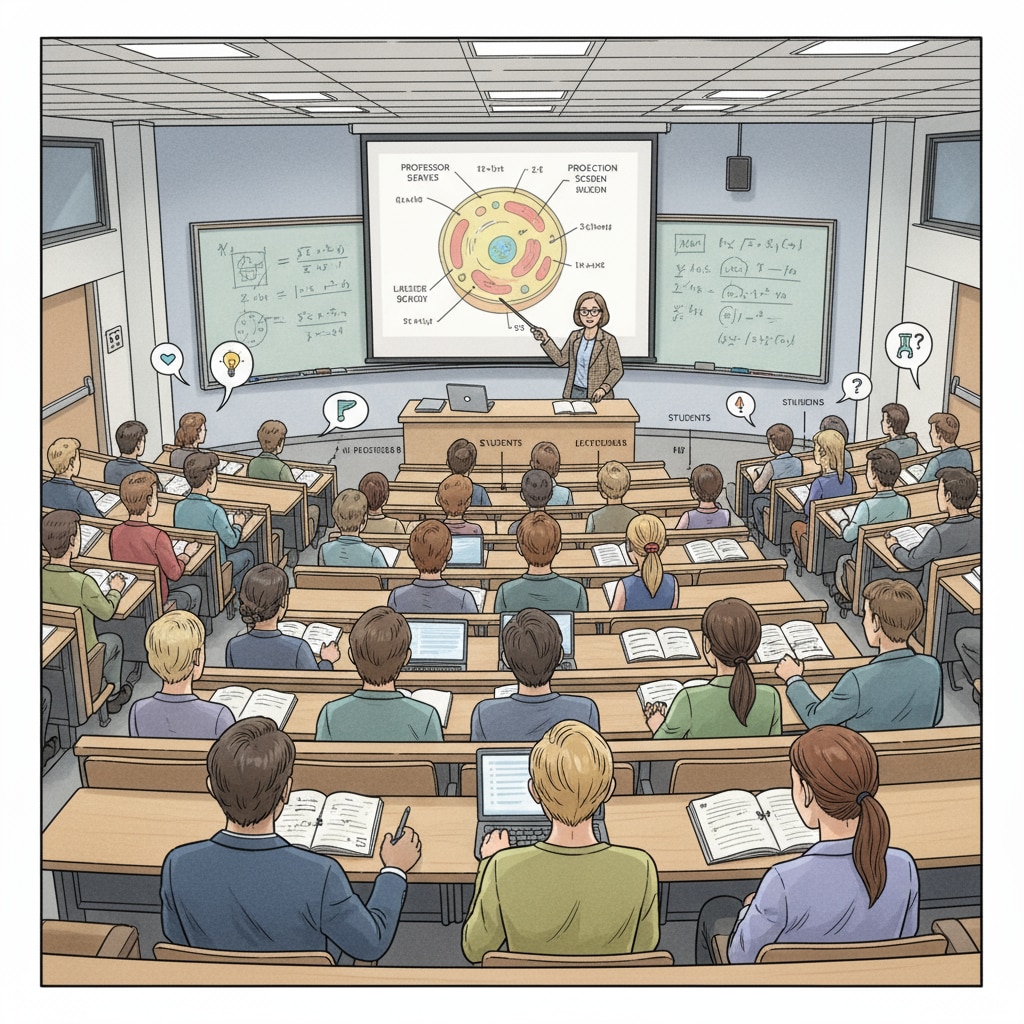Career choices, higher education, and employment prospects are crucial considerations for high school graduates standing at the crossroads of their futures. The decision between pursuing a university education and enrolling in vocational training is not an easy one. It’s a choice that can shape their entire professional lives.

For instance, according to National Center for Education Statistics, the number of students considering different post-secondary paths has been fluctuating in recent years, highlighting the complexity of this decision-making process.
The Allure of University Education
University education has long been regarded as a prestigious path. It offers a broad-based learning experience, exposing students to a wide range of subjects. For example, in a university, students can study liberal arts, sciences, and various professional disciplines. This comprehensive education equips them with critical thinking, research, and communication skills. Moreover, a university degree often opens doors to certain high-profile and high-paying careers. Many corporate jobs, especially in fields like finance, law, and management, typically require a bachelor’s degree or higher. As a result, the promise of a stable and well-paying job in these sectors attracts numerous high school graduates to pursue university education.

The Appeal of Vocational Training
On the other hand, vocational training has its own unique advantages. It is more focused and practical, preparing students directly for specific trades or occupations. For instance, vocational training in fields like plumbing, electrician work, or culinary arts provides hands-on skills that are in high demand in the job market. Unlike university education, which may take several years to complete, vocational training programs are often shorter in duration, allowing graduates to enter the workforce more quickly. Additionally, the employment prospects for skilled tradespeople are quite promising. According to Bureau of Labor Statistics, many vocational jobs are projected to have a steady growth rate in the coming years, offering good job security and competitive wages.
When making this crucial decision, high school graduates need to consider several factors. Their personal interests and passions play a significant role. If a student has a strong love for hands-on work and practical problem-solving, vocational training might be the right fit. However, if they are more interested in theoretical knowledge and academic research, university education could be more suitable. Another important factor is the financial aspect. University education can be expensive, with tuition fees, accommodation costs, and textbook expenses adding up. In contrast, vocational training is often more affordable, and students may start earning earlier. Additionally, the long-term employment prospects and career growth opportunities in each path should be carefully evaluated.
Readability guidance: High school graduates are at a crossroads when it comes to choosing between university education and vocational training. By carefully weighing their interests, financial situation, and long-term career goals, they can make an informed decision that aligns with their future aspirations. This choice will ultimately determine their career paths and employment prospects in the years to come.


